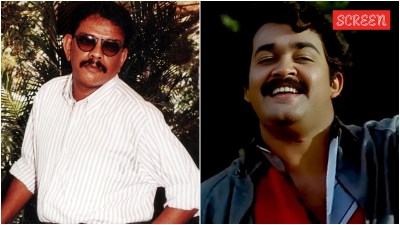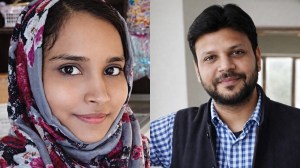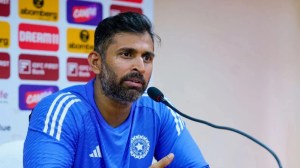
Apart from the infrastructural and financial capabilities required to put up the biggest games in the world, what does the bidding process looks like, and who decides the host cities for the Olympic games? We explain.
Why do cities want to host the Olympics?
Studies have yielded mixed results in terms of the material benefit that is earned out of such events. Mostly, tourism and sponsorship boost a region’s earnings in some cases. But apart from it, the biggest attraction seems to be putting up a big show that will see infrastructure-related bids and big-scale expenditures take place.
It showcases, more than anything, the capacity of a city – and by extension a country – to plan and execute an event on which the world has its eyes. Most cities to have hosted the games have been in Western countries, as the future line-up also reflects. Therefore, for the likes of Tokyo and Beijing, it also becomes a platform to assert national pride and political heft on a global stage.
However, of late many cities are also reluctant to host because of the high costs involved, and significant public pushback has been witnessed against spending on the sports-related infrastructure that is unlikely to come of use later on.
Who selects the Olympics host?
The International Olympic Committee (IOC) is the body responsible for the host city’s selection. It has 99 member countries, each having its own IOC representative, who is often an ex-Olympian or athlete. Nita Ambani, Founder and Chairperson of Reliance Foundation, is India’s representative.
Story continues below this ad
In 2019, the voting-based selection process came under fire over allegations of corruption and for resulting in cities pouring in large amounts of money for the games, only for structures like stadiums to become abandoned later on. This is because many countries find it difficult to fill huge stadiums with local teams and justify the disproportionate maintenance costs.
Under the new process, termed as “revolutionary”, and one that will lead to “savings for potential hosts, as well as more sustainable projects and master plans”, now the IOC goes into direct consultations with interested cities. This is how Brisbane was chosen as well.
So what is the new bidding and selection process for Olympic host cities?
 The new process is a result of some calling the previous system prone to corruption, and claiming that it led to unsustainable bids. (Via Olympics website)
The new process is a result of some calling the previous system prone to corruption, and claiming that it led to unsustainable bids. (Via Olympics website)
The process is overseen by two permanent ‘Future Host Commissions’: one for the summer and one for the winter Games. “Both are gender-balanced and represent a full range of Olympic stakeholders, including athletes, International Federations (IFs), National Olympic Committees (NOCs) and the International Paralympic Committee (IPC),” the IOC website states.
These Commissions make recommendations to the IOC Executive Board (EB) regarding possible future hosts. The EB includes the IOC President, four Vice-Presidents and ten other members. All the EB members are elected by the IOC Session by secret ballot, by majority vote, for a four-year term.
Story continues below this ad
It decides if any of the candidatures should be put forward for election by the Session. Based on their observations of these countries’ bids and further discussions with those countries, the Future Host Commission recommends a potential host, which the Executive Board then has to take a call on. Finally, the IOC voting happens.
As opposed to the earlier process, the IOC claims there will be “continuous dialogue”, under which the Commissions will “constantly monitor and analyse the projects and provide feasibility assessments” for host cities for future events. This, they say, will help save costs and give a fair chance for all to host Olympics-related events.
Former Croatia president Kolinda Grabar-Kitarovic heads the IOC commission that will select the host city for the 2036 Games, with a decision to be taken between 2025 and 2029.
Whether a city gets selected depends on how it is able to negotiate with the different groups of selectors mentioned here. The finances and the sporting culture of a country also come into play – a reason why Ahmedabad is focusing on infrastructure development. India has also, crucially, never figured in the top-ranked teams at the end of the games. But with constant efforts, and an IOC-led change in the way things have been done so far in the process, the bid might come sooner than previously thought.

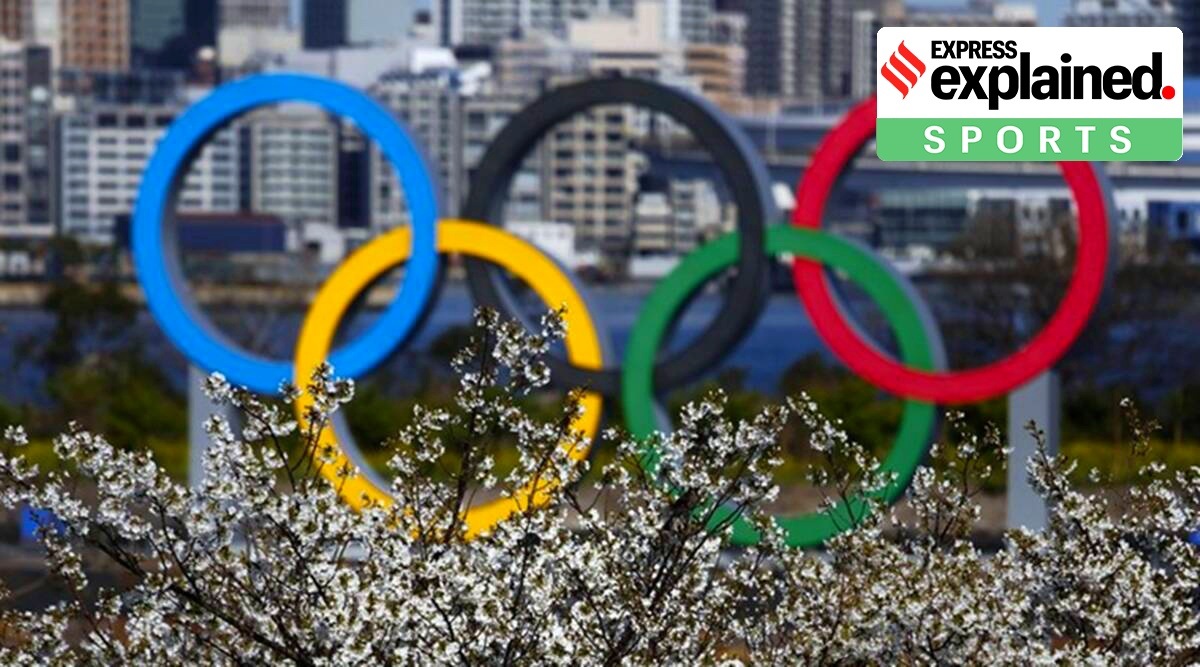

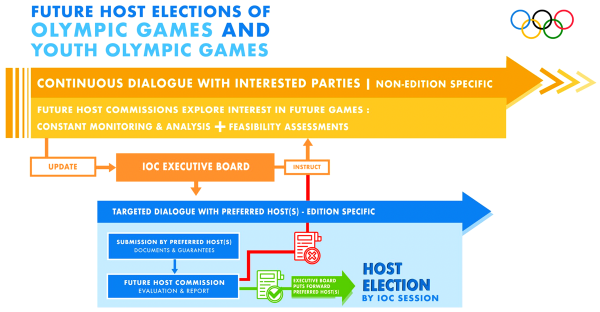 The new process is a result of some calling the previous system prone to corruption, and claiming that it led to unsustainable bids. (Via Olympics website)
The new process is a result of some calling the previous system prone to corruption, and claiming that it led to unsustainable bids. (Via Olympics website)
